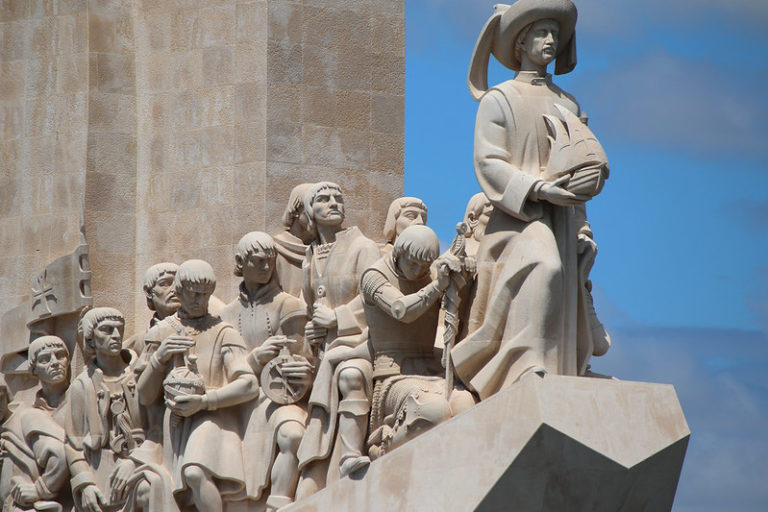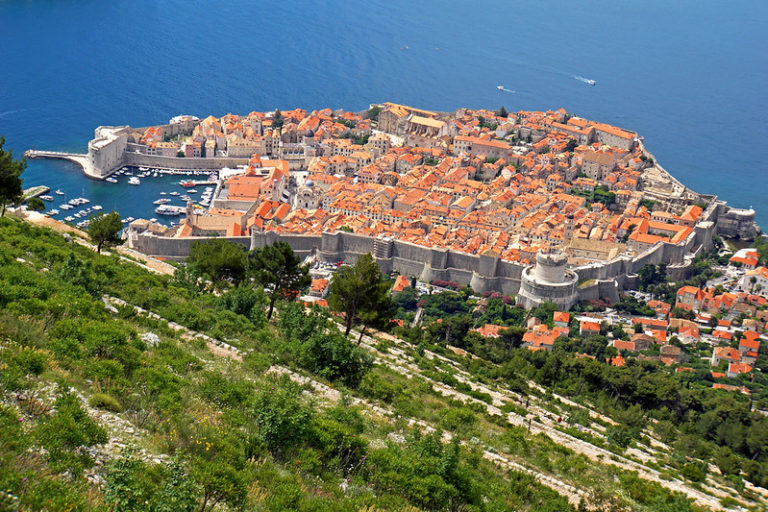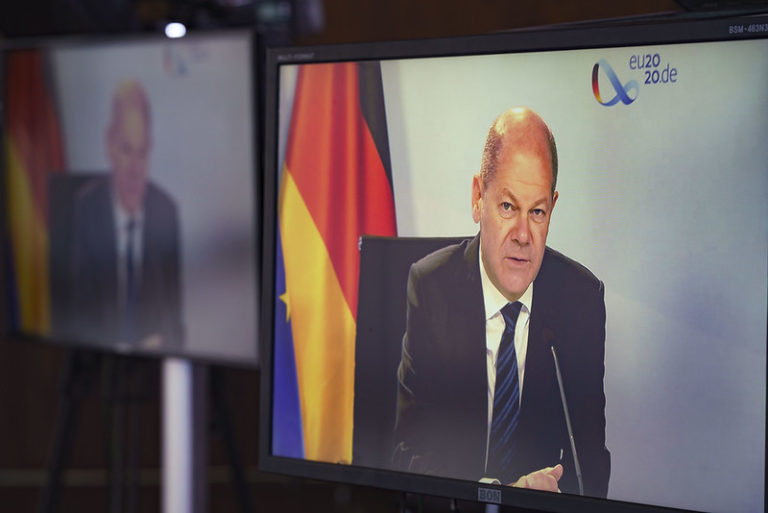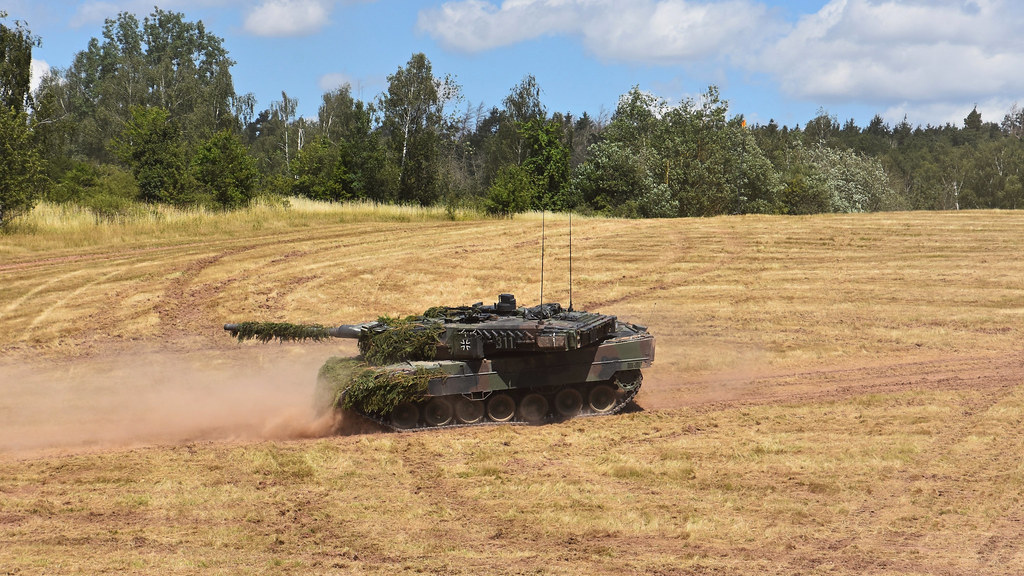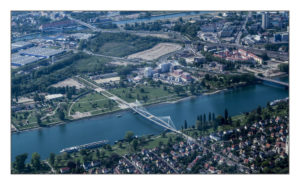Letter from La Vigie, 13 NOV 2024

The turning point in the world
The election of Donald Trump marks the end of the pivotal period that began on 24 February 2022 with the launch of the war in Ukraine. It puts an end to the post-Cold War era and ushers in a period when the West is no more. While the first effects will be felt in Eastern Europe and perhaps the Middle East, and the Asian issue will be central, Europe will have to rise above its existential fears to confront the new world disorder.
To read the article online, click here
The strategist and his house
While all eyes are on the outside world, the strategist must not forget what is happening at home. The importance of a domestic strategy is emphasised here, involving fair laws, trained and controlled forces of law and order, a good economy and, above all, an effort to train the national and local elites in domestic strategy.
To read the article online, click here
Lorgnette: German dominoes
Even if the President of the United States remains the President of his own country and not of ours, which should make it possible to dispassionately inform ourselves about the electoral campaign on the other side of the Atlantic, the fact remains that the last election is likely to have a major domino effect.
The first domino is Germany.
German society was quite stunned by Trump’s victory, with some journalists still mistaking their desires for reality. However, the unimaginable did take shape, with a twofold observation: Germany was going to have to take matters into its own hands and provide a greater proportion of its own defence, without any automatic American guarantee, F-35 docking notwithstanding; secondly, the first observation had already been made when Trump first won the election, i.e. eight years ago. What has happened in those eight years? Not much, really, apart from much more difficult conditions (insecurity in Eastern Europe, the end of cheap energy). And as no one considers that the current Chancellor, O. Scholz, has the shoulders to firmly lead the country, the government is in the process of falling.
What will the next dominoes be?
JOVPN
Subscribers: click directly on the links to read online or download the pdf issue (here), always with your login/password. New readers: read the article by issue, by clicking on each article (€2.5), or subscribe (discovery subscription €17, annual subscription €70, orga. subscription €300 excl. tax): here, the different options.
Photo credit : IoSonoUnaFotoCamera on Visualhunt.com

